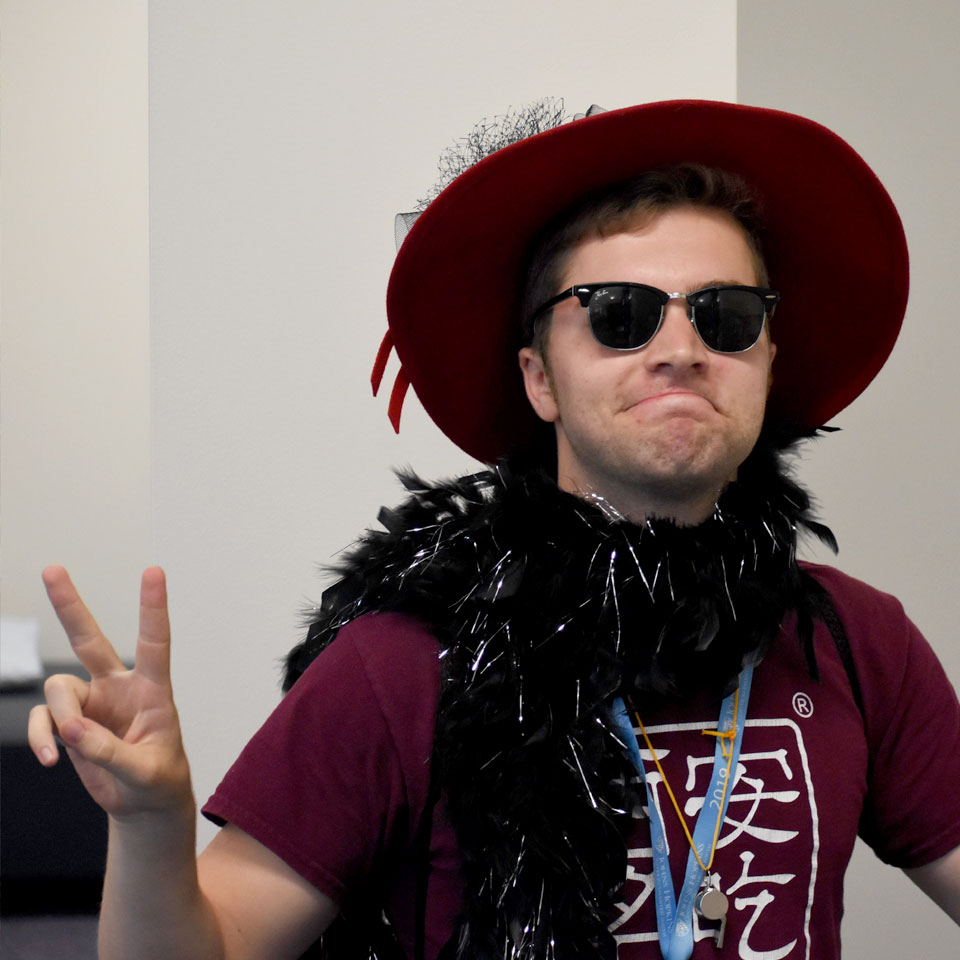Breadcrumbs
Macroeconomics and the Global Economy
- Grades 7-11
- Advanced CTY-Level
-
Residential
- Mathematics
What are the key indicators of an economy’s performance? How do governments craft policies that promote economic growth? What does it mean for a country to have a trade deficit? Analyzing economies at an aggregate level, macroeconomics explores questions such as these, providing a bird’s-eye view of economic activity. This course surveys fundamental concepts in macroeconomics, including money, banking, inflation, employment, national income, economic growth, financial markets, and the role of public policy. Building upon this foundation, you’ll consider the global economy and issues in international trade and finance; and examine the comparative advantage and balance of payments, exchange rates, and foreign currencies. By applying mathematical concepts to theory, you’ll learn how professionals in the field analyze and predict changes in the economy. Through lectures, readings, discussions, simulations, and research, you’ll gain a firm grounding in macroeconomics, an introduction to central concepts in international trade and finance, and a deeper understanding of the state of the U.S. and world economies today.
Typical Class Size: 16-18
This course is
ungraded.
Summer Dates & Locations
Session Two


Testing and Prerequisites
| Math | Verbal | |
|---|---|---|
| Required Level | Advanced CTY-Level | or Advanced CTY-Level |
Students must achieve qualifying scores on an advanced assessment to be eligible for CTY programs. If you don’t have qualifying scores, you have several different testing options. We’ll help you find the right option for your situation.
Sign up for Testing Learn MoreCourse Prerequisites
Macroeconomics and the Global Economy requires:1 prerequisite
Algebra 1
Cost and Financial Aid
Tuition
- Varies
Application fee
- Nonrefundable Application Fee - $55 (Waived for financial aid applicants)
- Nonrefundable International Fee - $250 (outside US only)
We have concluded our financial aid application review process for 2025 On-Campus Programs. We encourage those who may need assistance in the future to apply for aid as early as possible. We are committed to serving all talented youth regardless of financial circumstances. Financial assistance is available based on need.
Course Materials
Students should bring basic school supplies like pens, notebooks, and folders to their summer program. You will be notified of any additional items needed before the course begins. All other materials will be provided by CTY.
Sample Reading
These titles have been featured in past sessions of the course, and may be included this summer. CTY provides students with all texts; no purchase is required.
- Macroeconomics, Paul Krugman and Robin Wells
About Mathematics at CTY
Explore the study of shapes
Many of our courses allow students to describe the world around them in basic and profound ways. Younger students build foundational skills by exploring shape, scale, and proportion in Geometry and Spatial Sense. Middle School students delve into real-world applications of lines and analyze data with curves that follow uniform, symmetric, bell-shaped, or skewed patterns in Data and Chance. Advanced students unveil the deep interplay between numbers and shapes, investigating how triangular, square, and polygonal numbers create patterns that bridge geometry and algebra in Number Theory. By examining these elegant number patterns and symmetries, students discover how mathematics captures the intricate beauty and underlying structure of the natural world.
Dive deep into logic and reasoning
Our courses in formal logic give you the tools to question the world around you. Inductive and Deductive Reasoning introduces younger students to different types of reasoning, as well as the strengths and weaknesses inherent in various forms of critical analysis. Older students explore how logical reasoning can explain (or fail to explain) counter-intuitive results in Paradoxes and Infinities, or take a more rigorous approach to formal logic in Mathematical Logic.




